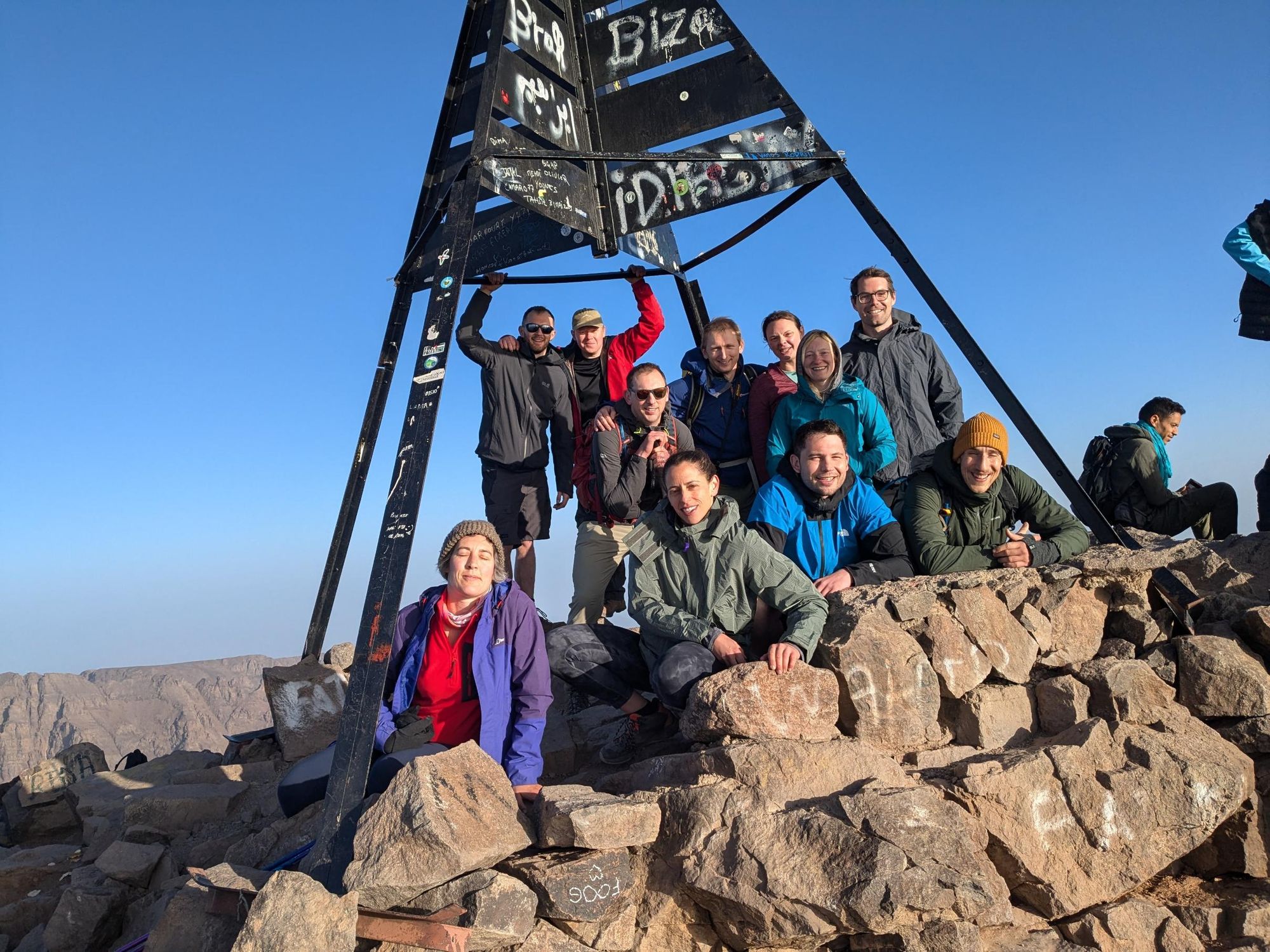The sun had only just risen as we hiked up the scree slope towards the summit of Mount Toubkal, the highest peak in Morocco's Atlas Mountains. We’d set out in the dark, at four in the morning - a blessing in disguise, it turned out, as I couldn’t see just how far we had to climb.
I was tired, but had no intention of giving up. So I carried on putting one foot in front of the other. I had booked the Morocco Three Peaks Challenge, which involves the ascent of three peaks - Toubkal (4,167m/13,671ft), Timzguida (4089m/13,415ft) and Ras (4083m/13,995ft) - in order to challenge myself physically. And now the summit was finally within my sights.
Even though it was only a few short days of hiking, I found the trip to Morocco to be transformative.
I reached the top of Mount Toubkal just after sunrise, and looked out over the stony peaks of the High Atlas Mountains, their craggy silhouettes softly illuminated by the rising sun. My tiredness disappeared, replaced with pride in myself. I was capable of reaching the top - and what a view it was, those arid peaks under a luminous blue sky.
Even though it was only a few short days of hiking, I found the trip to Morocco to be transformative. It gave me renewed confidence in myself, and deepened my thirst for adventure. Accustomed to travelling solo, I was also surprised to find that being with a group was actually my favourite part of the trip. You have such good conversations when you’re halfway up a mountain.

However, it’s safe to say that, in some aspects, I underestimated quite how challenging this journey would be. Now I’ve been there, done that and got the t-shirt, here’s what I wish I knew before summit bagging in the Atlas Mountains.
You'll Bond By Helping Each Other
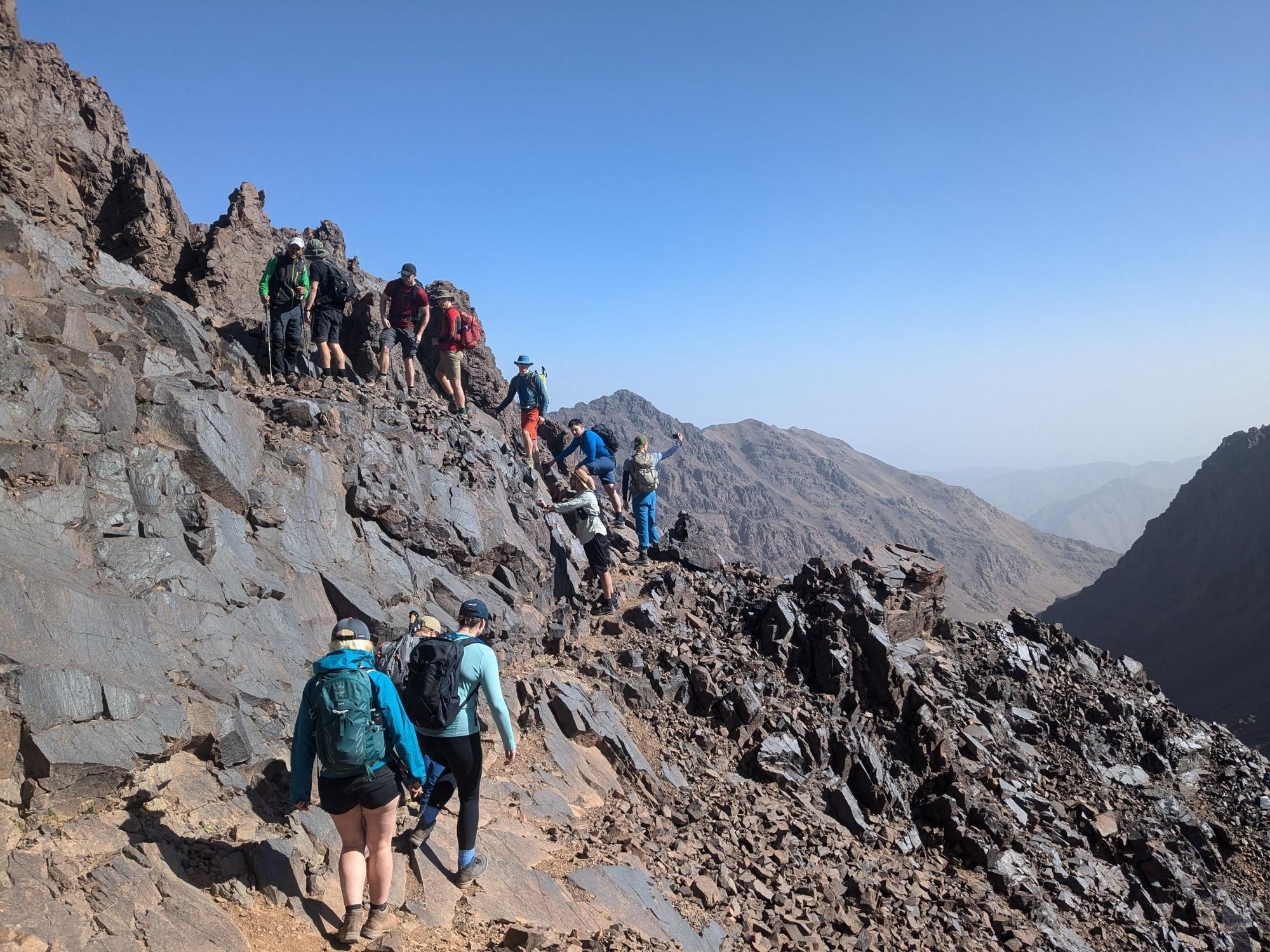
Even on a short trip lasting a few days, you’ll notice that people in your group may find different parts of a group hike more difficult than others. For some people, it might be the altitude. For others, it might be the heat, or even the food.

This means that people in your group will struggle at different times. While I am an experienced hiker, I haven't climbed a lot of mountains and live in a flat area, so I faced my struggles on the scree slope of the Atlas Mountains, some of which were unrelentingly steep for hundreds of metres at a time. But I loved scrambling - which I find more cerebral, as you search for different handholds and footholds - and had no problem with downhill hiking.
Once you’ve had a hard time yourself, it’s easy to spot when other people are getting tired or discouraged. Be patient and supportive, and then they’ll do the same back to you. Oh, and maybe offer them a snack? There’s nothing better than a handful of sweets or an energy gel when you’re beginning to flag.
Speed Doesn’t Affect Enjoyment
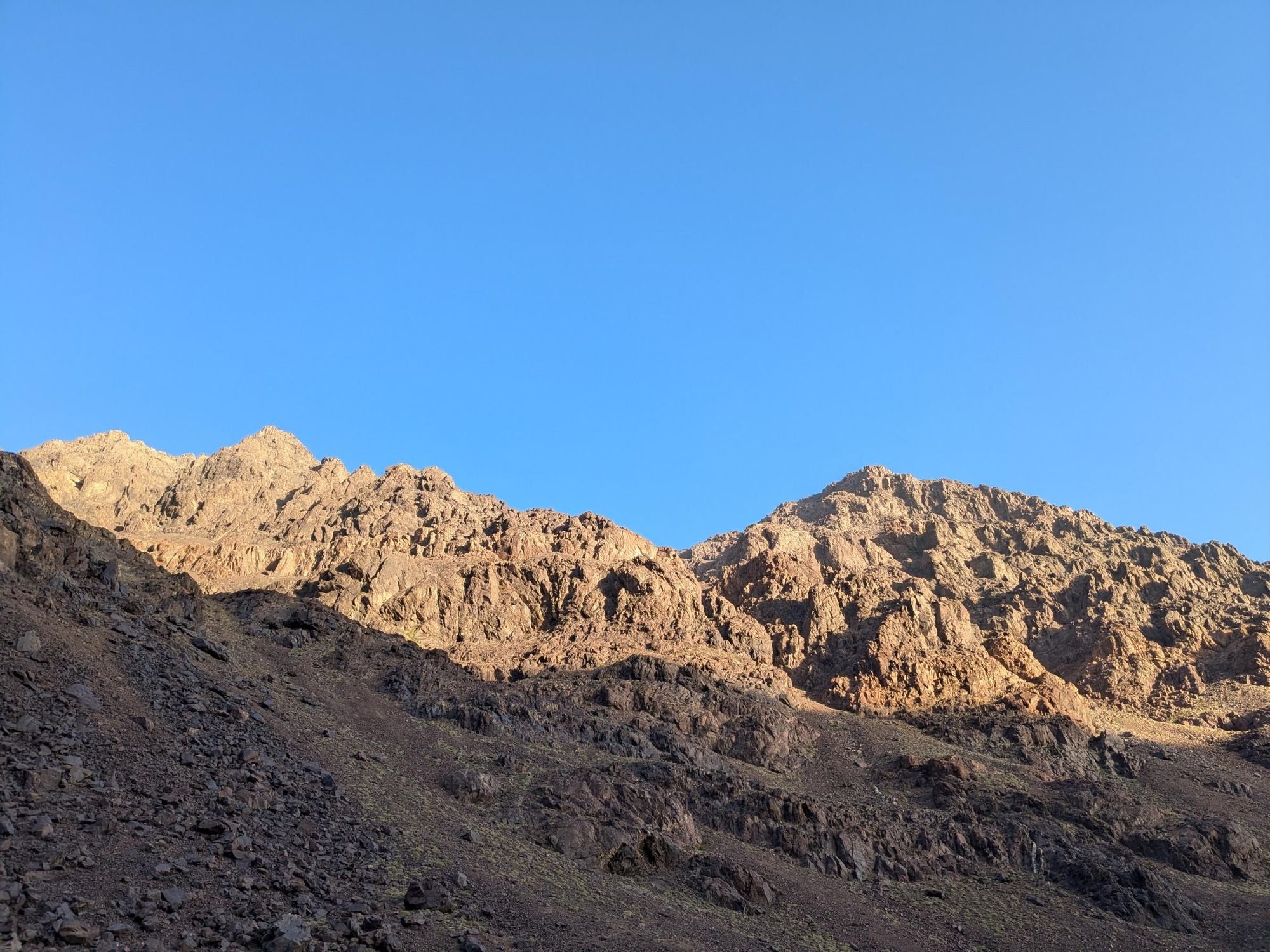
Remember at school, when you had to walk in 'crocodile formation' - hand in hand, two by two, often in the same position? Well, your hiking group is not like that. Throughout the trip, people in your hiking group are going to change places. Sometimes people will drop back to chat and chill; other times they’ll be at the front, because they've got the energy or inclination to go a little bit faster.
If you've been both at the front of the group and the back, you'll learn that in each position you'll still have interesting conversations and enjoy the nature around you.
Sometimes people will drop back to chat and chill; other times they’ll be at the front, because they've got the energy or inclination to go a little bit faster
In a survey back in 2022, we asked 1,908 of our customers why they wanted to take an adventure trip (inviting participants to tick as many that applied). The top three reasons for an adventure were: to experience new things (82%); to spend time in nature (79%); and to take a break from everyday life (66%). Many people in my group fell into these categories. People were taking career breaks and holidays; they wanted to spend time in the mountains, and to meet new people. Goals that were achieved, irrespective of hiking speed.
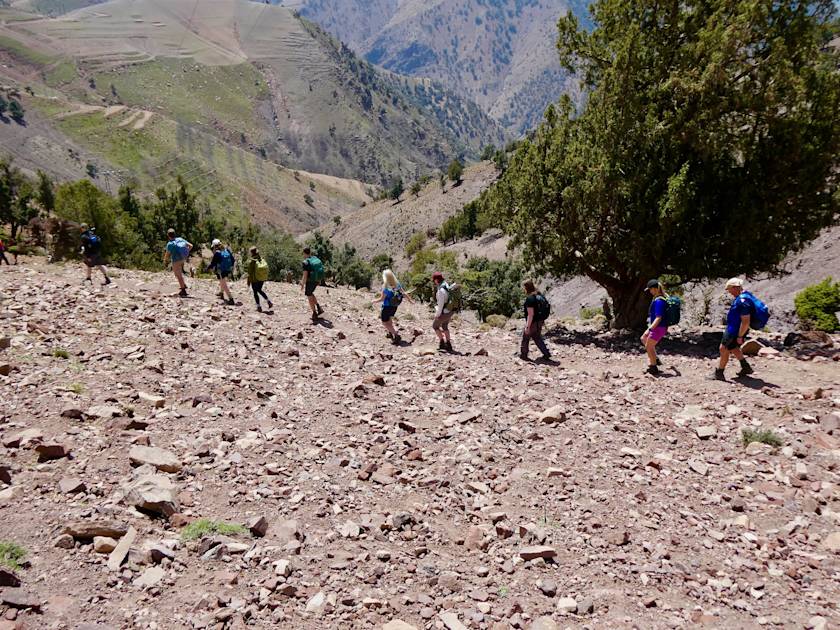
Type Two Fun Builds Resilience
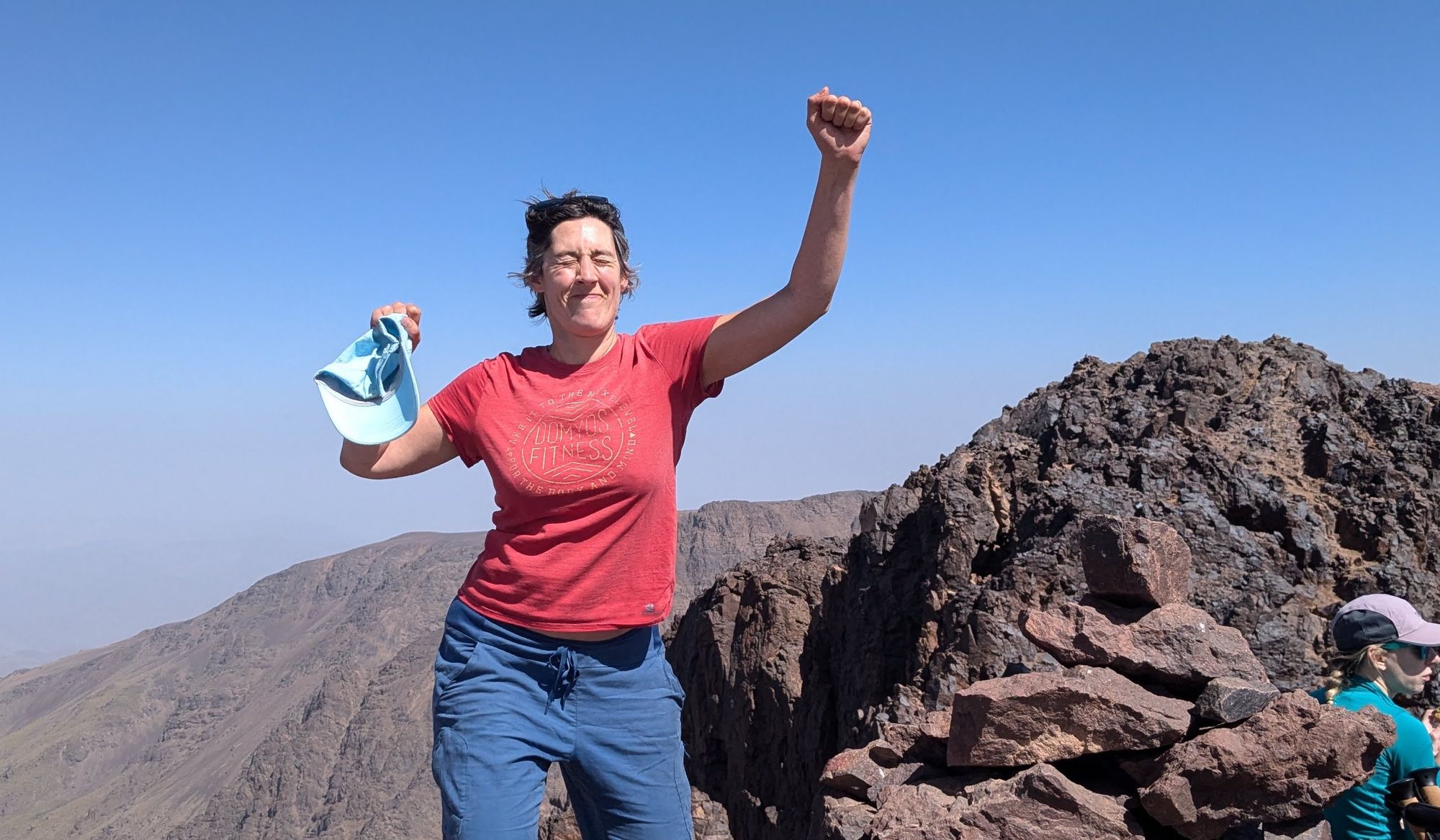
There might be a few members of your group who are more experienced than most. Maybe they’re hikers with a decade of experience in the Highlands, or they’re training to get themselves up Mont Blanc. You’ll probably spot those people having a lot of type one fun - something that’s enjoyable in the moment, like a picnic or a swim in the sea on holiday. And good on them.
But there is another type of fun. Type two fun refers to activities that push you to your limits, and usually end up with you being cold, muddy, wet or exhausted - it’s basically only enjoyable in retrospect.
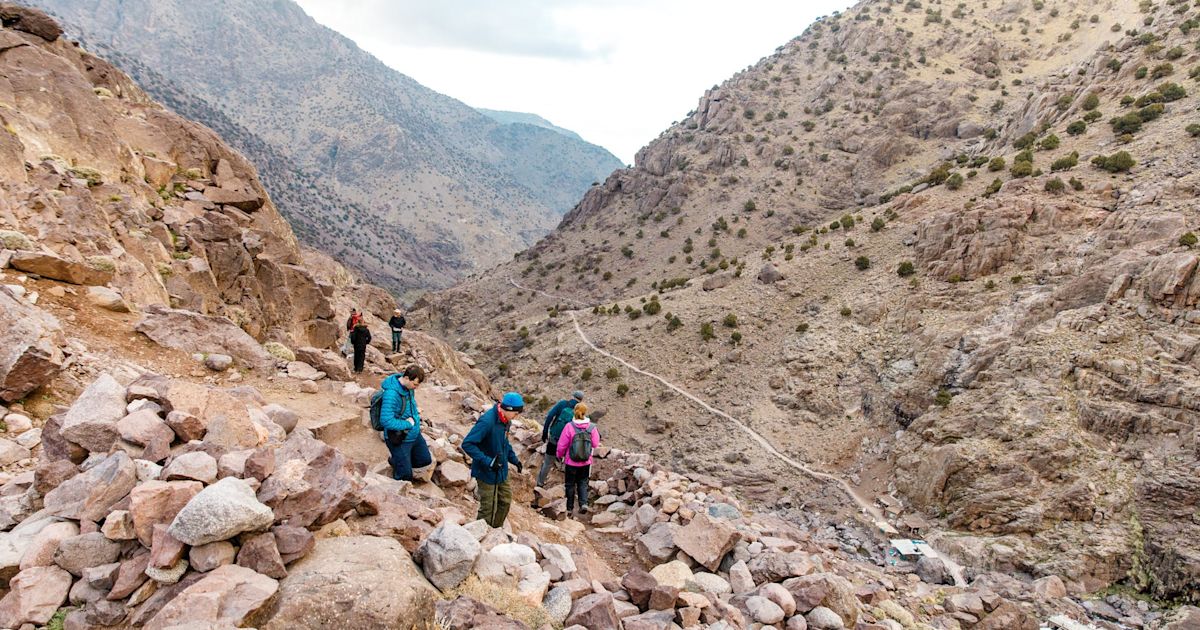
Type one fun can look very appealing when you’re hungry and tired. But type two fun can really push you and help you grow as a person. By pushing through the discomfort, you’ll increase your resilience and self-confidence. “Even though it's difficult at the time, you get that sense of achievement from type two fun,” says Belinda Kirk, author of Adventure Revolution: The Life-Changing Power of Choosing Challenge. “There's the sense of a victory hard won, something that you don't get if you just take the easy route.”
Some of the best things in life involve getting out of your comfort zone
“Some of the best things in life involve getting out of your comfort zone. When you leave your comfort zone, and you do something that is challenging and difficult, you don't step back into your comfort zone afterwards - it expands to meet you. That means your life is enriched,” she explains.
One of the most difficult parts of my hike in Morocco was that I got terrible blisters (despite wearing worn-in hiking boots), but my defining memory isn’t the pain of the blisters; it’s the view from the summit of Mount Toubkal, just after the sun rose. I’m eagerly planning my next trip to the mountains - and looking forward to it. Because even though it might be hard, the feeling of accomplishment on reaching the summit eclipses everything else.
A Big Challenge Helps You Let Go of Perfectionism
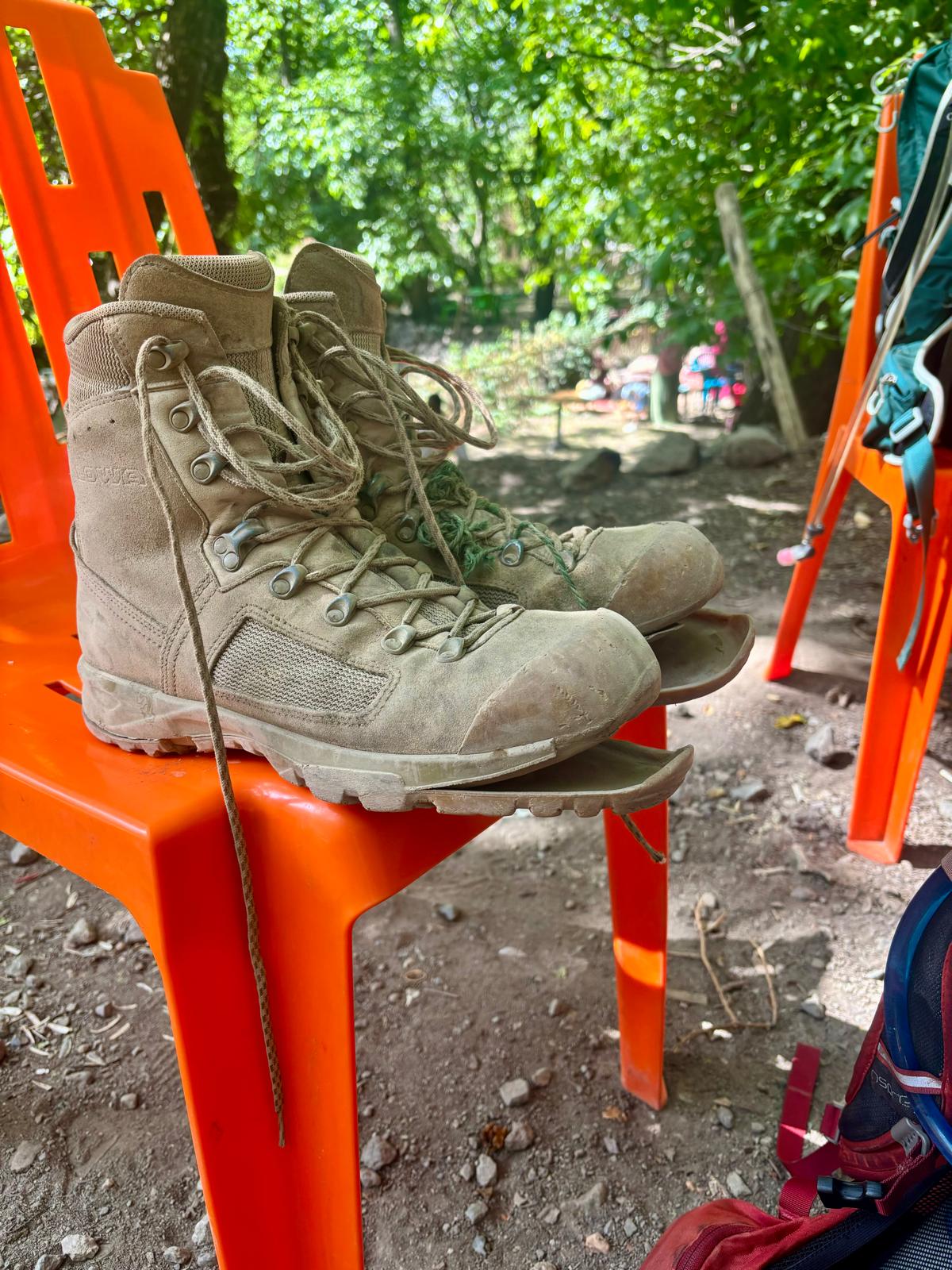
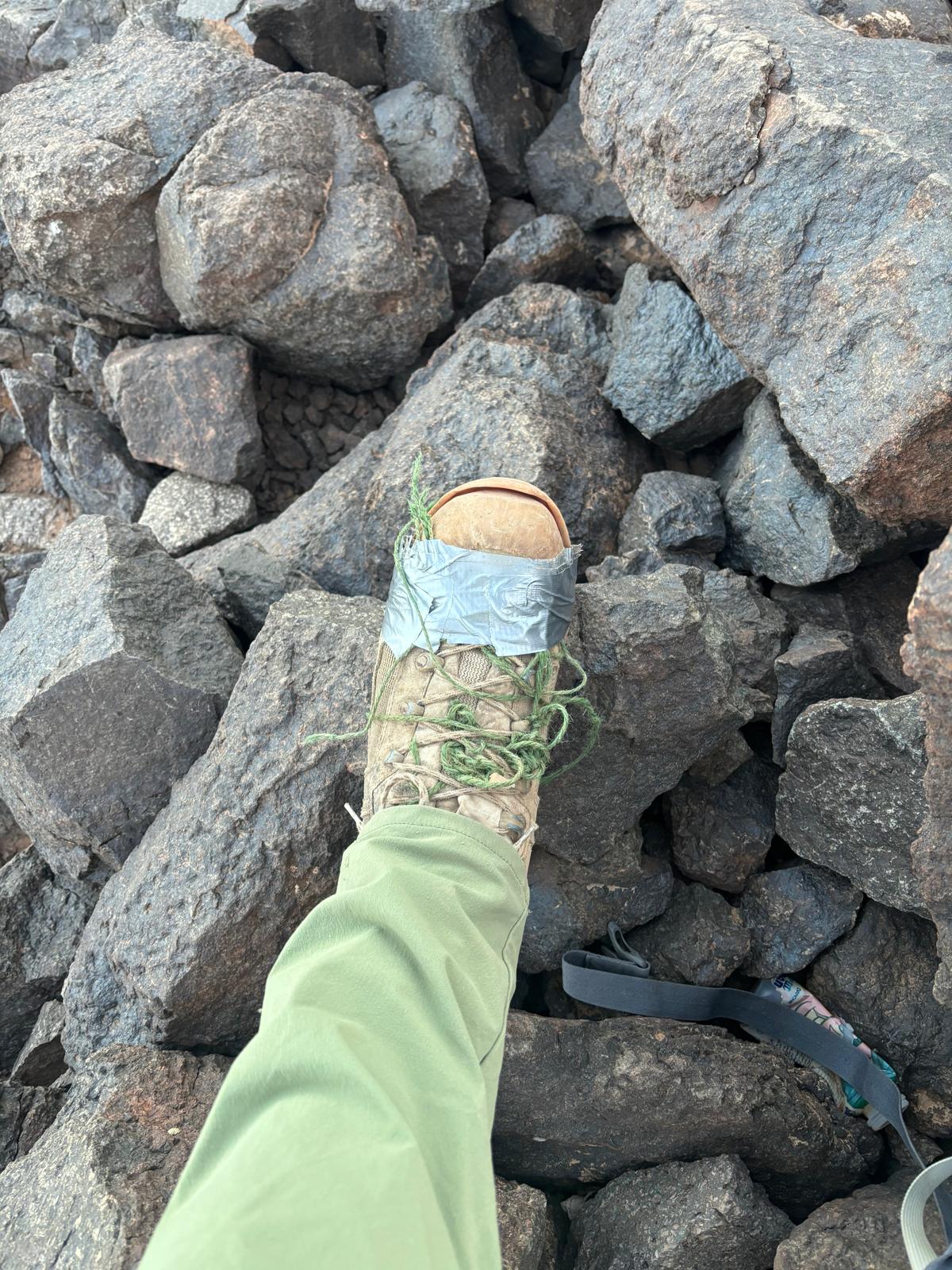
I’m a bit of a perfectionist. I like my house tidy and my sentences grammatically correct. I’m the type to google ‘perfect serve’ when making a gin and tonic. Sometimes, this can be a good thing (your gin and tonic always tastes great) but other times, not so much - because as a perfectionist, you’re chasing an impossible goal, and disappointment is often inevitable.
Adventures rarely go according to plan. That’s what makes them adventures
Taking on a challenge like this, which I hadn’t come close to before, can be particularly galling if you are a perfectionist, an overachiever, or a heady combination of both - you want to excel, to feel like you got it right. However, it does help you let go of the idea that ‘best’ means ‘fastest’. You can have a good time on the trails however long you take to hike them, or even if you don’t reach the top.
Adventures rarely go according to plan. That’s what makes them adventures. However hard you prepare for your hiking trip, something unexpected will likely happen. I already mentioned my blisters. Someone else’s hiking boots broke. I, and several others, suffered the mild effects of altitude sickness. All of these factors affected peoples’ performance. But it didn’t necessarily affect their enjoyment of the trip. And these incidents served as yet another reminder that even if something isn’t perfect, it can still be a lot of fun.
There is No Such Thing as Too Much Training
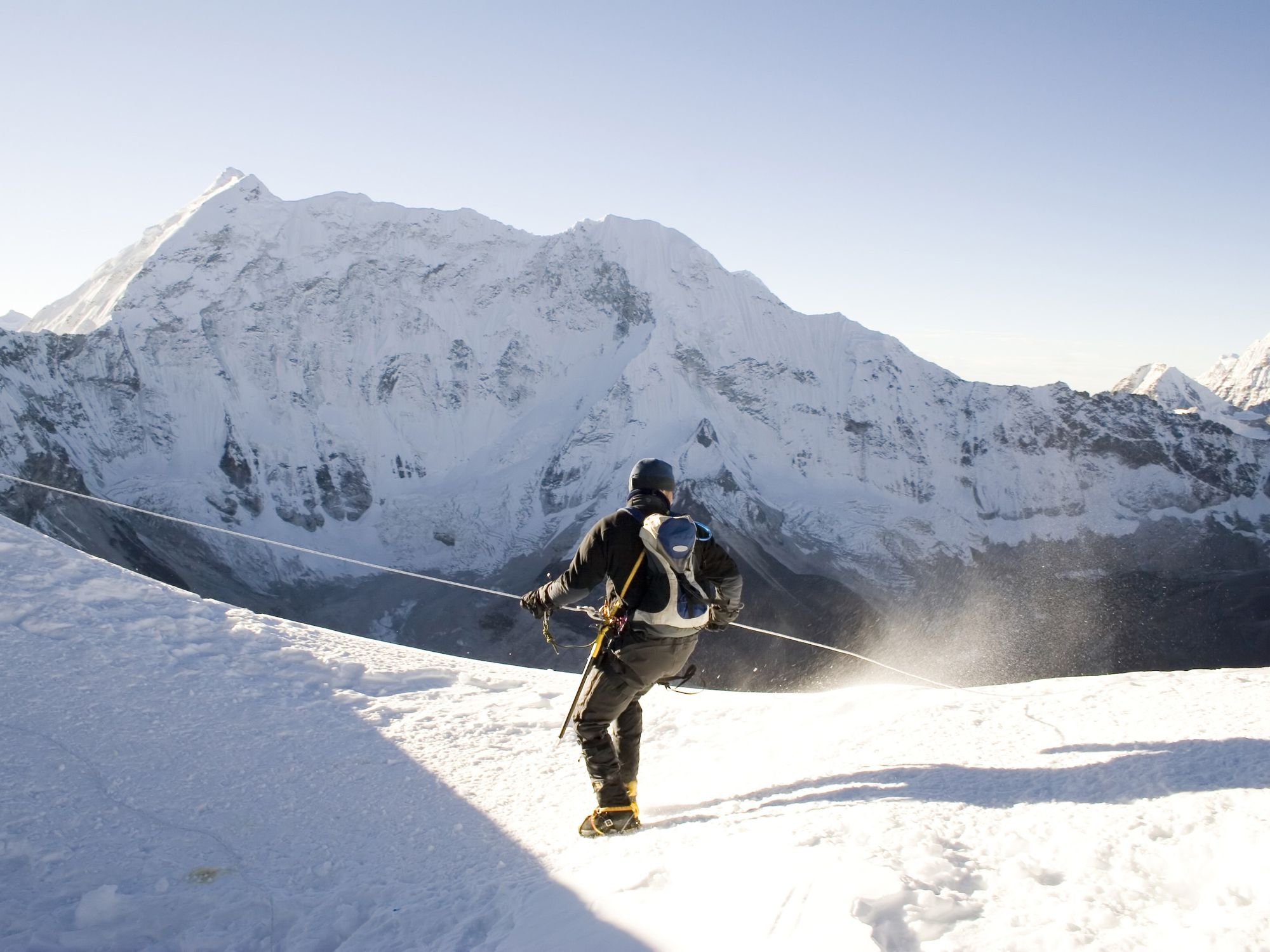
Training for a mountain climbing adventure is difficult when you live somewhere flat, especially when a trip to Snowdonia (where I’d planned a few practice hikes) was cancelled due to unforeseen circumstances. I tried to compensate for this by spending time on the stairmaster in the gym, multiple times a week. But it’s really not the same as being out in the mountains, and if I’d known I’d have tried harder to get out onto the trails.
I left the trip feeling proud of myself for reaching the summit of Toubkal - but wanting to improve my fitness and endurance so that I would find it a little easier next time. There’s no substitute for being on the trails, so next year I’ll plan several smaller trips, helping me work up to something bigger. Perhaps it’ll be Kilimanjaro, or maybe even Mera Peak. I’ve had a taste of adventure, and now I’m ready for more.
Inspired? Check out our Morocco Three Peaks Challenge and our other Adventures in the Atlas Mountains and small group tours to Morocco.


